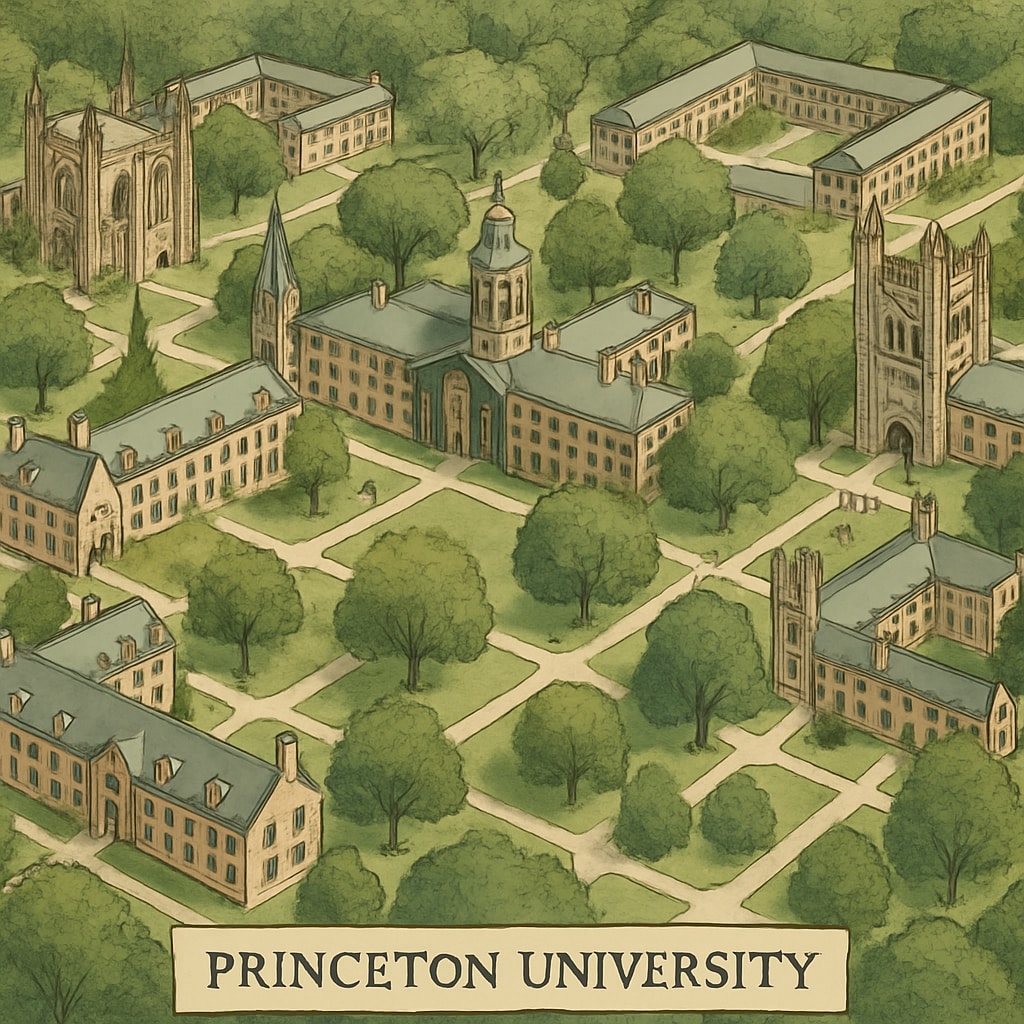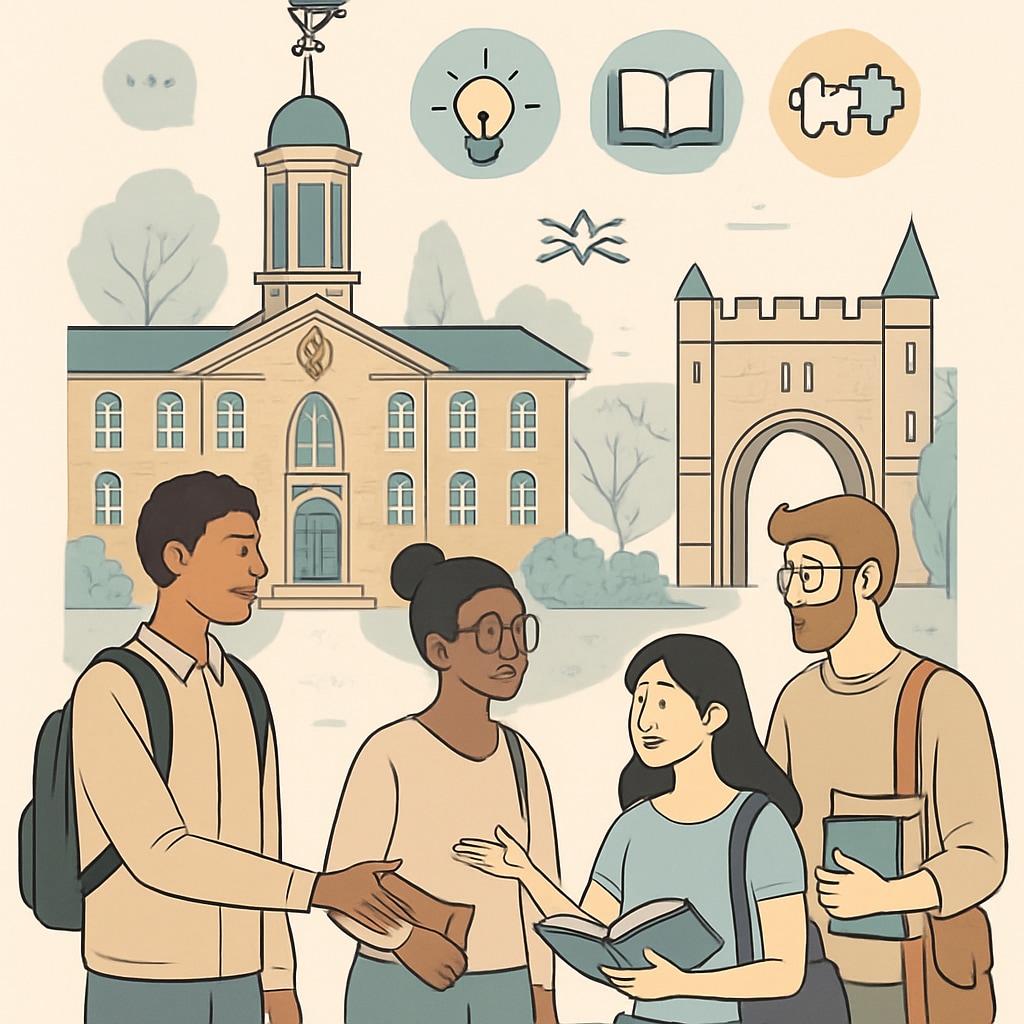Princeton University and the Ivy League continue to be associated with unparalleled excellence, both academically and socially. However, are these institutions truly as extraordinary as their reputations suggest, or is their prestige overestimated? This question has become increasingly relevant as families and prospective students navigate the competitive landscape of higher education. By critically examining the supposed superiority of Ivy League schools, particularly Princeton, we can uncover whether their value aligns with their reputation or if the elite education myth needs deconstructing.

The Reputation of the Ivy League: A Historical Perspective
The Ivy League, including institutions like Princeton, Harvard, and Yale, has long been synonymous with academic prestige. Founded centuries ago, these schools have cultivated an image of exclusivity and excellence, often bolstered by their notable alumni, such as U.S. presidents, Nobel laureates, and business leaders. This historical narrative has permeated society, convincing many that acceptance into an Ivy League school guarantees success.
However, the origins of this reputation are rooted as much in tradition as in actual educational superiority. For example, Ivy League schools were initially accessible only to the elite, perpetuating their image as institutions for society’s upper echelons. Over time, this exclusivity translated into prestige, but does it reflect the actual quality of education provided today, or is it a relic of the past?
Do Ivy League Schools Deliver What They Promise?
Critics argue that the educational experience at Ivy League schools is not significantly different from that of other top-tier universities. While Princeton and its peers boast impressive faculty, research opportunities, and resources, these features are not exclusive to the Ivy League. Public universities and smaller private colleges often provide similar, if not superior, academic experiences at a fraction of the cost.
- Cost vs. Value: Ivy League tuition fees often exceed $60,000 annually. For many families, this places a heavy financial burden, raising the question of whether the return on investment justifies the expense.
- Selective Admissions: The low acceptance rates of Ivy League schools are often seen as a mark of their quality. However, this exclusivity is more indicative of demand than of educational superiority.
- Career Outcomes: While Ivy League graduates often secure high-paying jobs, this success is frequently attributed to their networks and the perceived value of their degree rather than the education itself.
For example, a report from the Encyclopedia Britannica notes that Ivy League schools have unparalleled endowments, but questions remain about how this wealth translates to student outcomes.

How Should Families Approach the Ivy League Obsession?
Given the debate surrounding the true value of Ivy League schools, it’s crucial for parents and students to adopt a more measured approach to college selection. Here are some strategies:
- Assess Fit Over Prestige: Focus on finding a school that aligns with the student’s academic interests, career goals, and personal values, rather than prioritizing prestige.
- Consider Financial Implications: Weigh the long-term financial impact of attending an Ivy League school against other high-quality, more affordable options.
- Understand the Network Effect: Recognize that much of the Ivy League’s value lies in networking opportunities, which can also be found at other institutions.
For additional insights into college selection, the Wikipedia entry on college admissions provides a comprehensive overview of factors to consider.
Conclusion: Beyond the Ivy League Hype
Princeton and the Ivy League undeniably offer an exceptional educational experience, but this does not make them the sole path to success. The perception of Ivy League schools as inherently superior is often overestimated, driven by historical prestige rather than objective measures of educational quality. By taking a more critical approach to the Ivy League myth, families can make informed decisions that prioritize fit, value, and long-term goals over mere reputation.
Ultimately, the key lies in recognizing that while an Ivy League degree can open doors, it is the student’s skills, ambition, and resilience that truly determine success.
Readability guidance: This article uses concise paragraphs, incorporates lists to summarize key points, and maintains an accessible language style while addressing a complex topic. Overuse of passive voice and lengthy sentences has been avoided, ensuring clarity and engagement.


